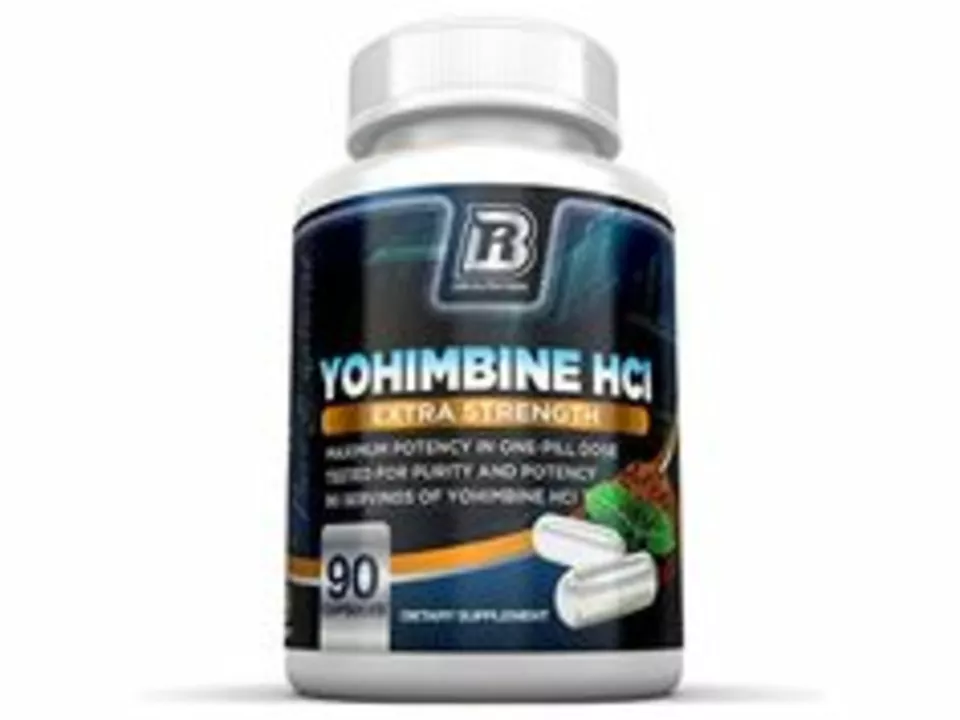Ancient bark—herbal medicine made from tree bark—has been used for centuries to treat pain, fever, coughs, and infections. It's not a single plant; it covers things like willow bark (natural salicin), cinchona (quinine), pau d'arco, and oak bark. If you're curious about using bark-based supplements, here’s clear, practical advice to help you decide what's useful and what to avoid.
Willow bark contains salicin which your body turns into salicylic acid, similar to aspirin. People use it for back pain, headaches, and menstrual cramps. Studies show willow bark can reduce pain in osteoarthritis and lower-intensity aches, but it works slower than instant painkillers. Avoid willow bark if you take blood thinners, have a stomach ulcer, or are allergic to aspirin.
Cinchona bark gave the world quinine, used historically to treat malaria and leg cramps. Quinine can cause side effects like ringing in the ears, headaches, or irregular heartbeat at higher doses. Do not use quinine-containing bark without medical advice—prescription forms are safer when treating serious conditions.
Pau d'arco and other traditional barks get attention for antifungal and immune-support claims. Human evidence is limited. Some people report benefits for fungal skin issues or mild infections, but safety data is sparse. Use short courses and stop if you notice nausea, rash, or changes in stool or urine color.
Bark extracts are concentrated plant chemicals. That means drug interactions and side effects are real. Common risks: increased bleeding with willow bark plus warfarin or NSAIDs; quinine interacting with some heart and anti-seizure drugs; tannin-rich barks causing constipation or reduced iron absorption. Avoid most bark supplements if you are pregnant, breastfeeding, or under 18 without medical advice.
Buy from brands with third-party testing and clear labels. Look for standardized extracts (for example, % salicin for willow bark) and Good Manufacturing Practice (GMP) statements. Start with the lowest recommended dose, use for short periods, and keep a symptom diary so you can spot side effects quickly. If you are on prescription drugs, ask your healthcare provider about interactions before you start.
Store bark extracts in a cool, dry place and check expiration dates. Avoid raw wild-harvested powders from unknown sources—contamination with heavy metals or pesticides is possible. If a product claims to cure serious disease, treat that as a red flag.
Keep a list of every supplement and medication you take and bring it to your medical appointments. That helps your doctor check for interactions like bleeding or heart effects. If you notice side effects, stop the supplement and seek medical advice. Remember: quality, dose, and timing make a big difference. Ask questions early.
Want a quick next step? If you have mild aches, willow bark might help—try a trusted supplement brand and compare how you feel after a week. For anything more serious, especially infections or chronic illness, talk to a clinician first. Natural doesn't always mean safe, but with the right information, ancient bark can be a useful, natural tool in your medicine cabinet.

I recently came across the Yohimbe revolution and I'm truly amazed at how this ancient bark is changing the dietary supplement game. Yohimbe, derived from the bark of an African tree, has been used for centuries for its numerous health benefits. Today, it's gaining popularity for its potential to help with weight loss, improve athletic performance, and increase energy levels. As a blogger, I'm excited to see how this revolution unfolds and how it might impact the lives of those looking to improve their overall health. Keep an eye out for Yohimbe in your local health stores and join the revolution!
READ